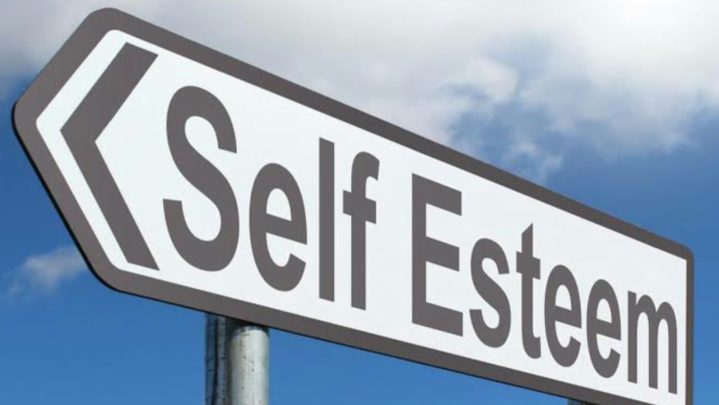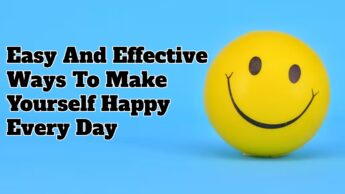1. Make sure you’re using positive affirmations correctly.
Positive affirmations like “I’m going to be a huge success!” are immensely popular, but they have one major flaw: they make people with poor self-esteem feel much worse. Why? Because such assertions run counter to our previous ideas when our self-esteem is low. Positive affirmations, ironically, work for a subset of people who already have a high level of self-esteem.
2. Make a list of your skills and work on improving them.
Demonstrating true talent and performance in areas of our lives that matter to us builds self-esteem. Throw more dinner parties if you consider yourself an excellent cook. Sign up for races and train for them if you’re a decent runner. In other words, identify your primary abilities and seek out chances and careers that highlight them.
3. Acknowledge and accept praises
One of the most difficult aspects of boosting self-esteem is that when we are unhappy with ourselves, we are more resistant to compliments, even when we need them the most. As a result, create a goal for yourself to tolerate compliments, even if they make you uncomfortable. Preparing basic set responses and training yourself to use them automatically whenever you receive positive feedback is the greatest strategy to avoid instinctive reactions such as rejecting compliments.
4. Get rid of self-criticism and replace it with self-compassion.
Unfortunately, when our self-esteem is low, we are more inclined to undermine it by being critical of ourselves. We must replace self-criticism with self-compassion if we are to improve our self-esteem. When your self-critical inner monologue arises, consider yourself what you would say to a close friend in your situation and direct those words to yourself.
Also Read: What Is Borderline Personality Disorder?





